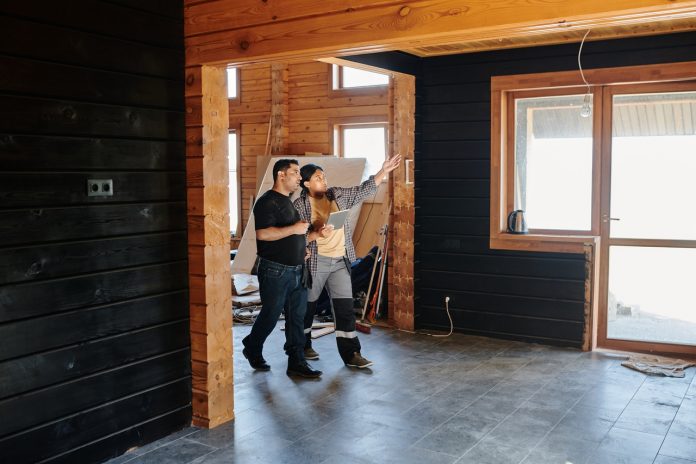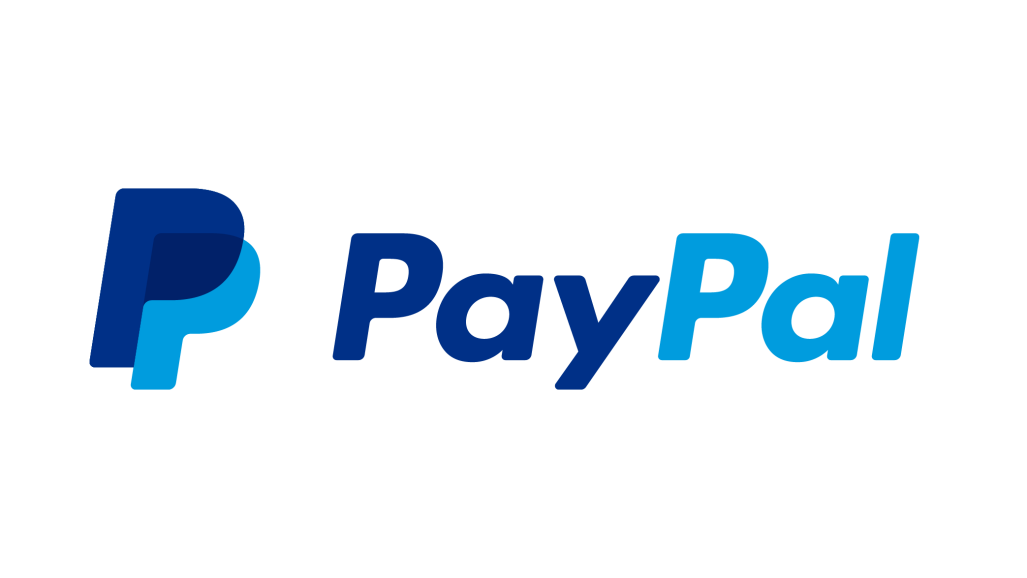4 Reasons Scheduling Keeps Construction Projects on Budget
Going over budget on a construction project is a huge deal. Before signing the contract, clients need to know how much a project will cost. Most of the time, a client has to take out a loan to fund their project, and going over budget can mean taking out an additional loan. Here are few reasons scheduling keeps construction projects on a budget.
In addition to the inconvenience, going over budget can make a client lose confidence in your company and get frustrated. This can make the client even more upset with every additional issue.
A firm schedule is the best way to keep a construction project on budget. Following a plan helps you complete tasks on time, mitigate foreseen delays, and find solutions to disruptions.
1. Time is money
Every minute that gets wasted is money down the drain. Unfortunately, when construction projects are poorly scheduled, they become costly due to delays. Nothing is worse than watching the cost of a projected rise because of uncertainties that could have been prevented.
Schedules keep construction projects on task by eliminating wasted time and prioritizing tasks according to deadlines. Although several factors are involved, a project’s plan should always be created around the budget. For example, when you know you only have a certain budget to work with, you can work within a reasonable timeframe to deliver the finished project.
Without a proper schedule, milestones won’t be completed on time, which means the project will be delayed and go over budget.

2. Schedules keep milestones in sight
When you create a project schedule, you can look at the overall project from a wide view and create milestones that become the guidelines for individual project tasks.
Knowing that milestone #1 needs to be completed by August 3, you’ll always know if you’re on target. However, if it’s already July 20 and you need more than two weeks to achieve that first milestone, you can communicate to the client and find ways to speed things up.
In other words, you’ll know far in advance if you’re about to miss your milestone targets. This gives you the power to mitigate any issues and rework the project to get back on track. Otherwise, you’ll scramble at the last minute to tell the client you will not finish the project on time.
3. Schedules keep workers on task
Project schedules keep workers on task by allowing you to create individual deadlines for each part of the project. For instance, once you have an overall schedule, you’ll know how long your workers should take to complete tasks like building the foundation, framing the project, and putting up drywall.
Although theoretically, the time it takes to perform some tasks can be somewhat predictable regardless of the project, people work harder and more efficiently when they know there’s a deadline. On the other hand, without a deadline, people take their time, and there is no real sense of urgency.

4. Schedules create reasonable expectations for deliverables
Clients want to know when they can expect their project to be completed. You can’t provide that information without creating a complete schedule. If you don’t know how long it will take to complete each project stage, you can’t give clients a timeline for deliverables with any certainty. Without certainty, clients get frustrated.
Schedules create happy clients. You may end up going over your original timeline, and you may even go over budget. However, with good communication, you can keep clients happy every step.
On the other hand, clients will get frustrated early on without a schedule for referencing delays, and every small hiccup can be felt as if it’s a huge blow.
Scheduling is the foundation of on-time delivery
Scheduling is critical, but don’t forget to include room for breakdowns. No project ever runs perfectly smooth from start to finish, and unexpected circumstances can cause a project to go over budget. For instance, material costs may be unexpectedly high, or you might find conditions worse than you thought during the initial inspection. These types of breakdowns should be included in your schedule.
Construction projects require a proper schedule to be delivered on time. There’s no way around it. When you accept a client’s project with a specific budget, this complete steps are the reasons scheduling keeps construction projects on a budget.





